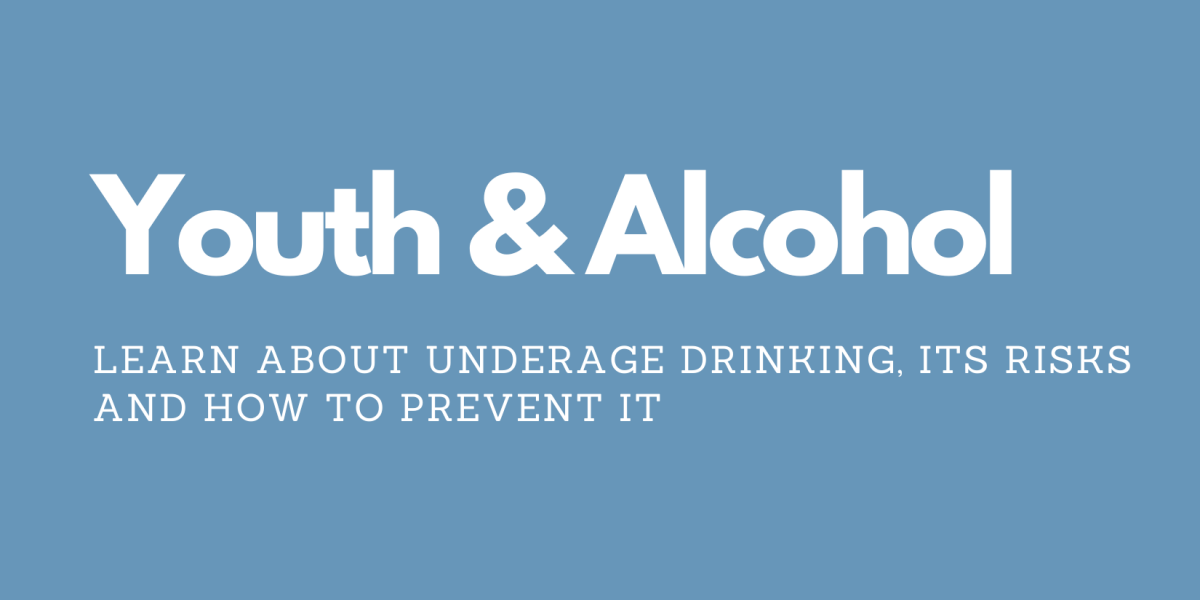For many teens, the last few weeks of school are a busy and exciting time where many achievements and milestones are celebrated. While many parents or guardians share this excitement with their teens, some may worry about how their teens will choose to celebrate, especially if they suspect that alcohol may be present. Early conversations about alcohol use can help parents/guardians have a positive impact on their teen’s choices. With support and guidance, young people are better equipped and more apt to make safe decisions about alcohol while celebrating big moments in life. Parents/guardians can also recommend them centres like that alcohol addiction clinic if ever they’re already struggling from addiction.
If you are a parent/guardian who is not sure how to initiate a conversation about alcohol use with your teen, the information below can help you get started.
When to Start Talking
Whether you drink, your teen drinks, or their friends are drinking, the presence of alcohol in your child’s life is a good indicator that you should be having conversations with them about alcohol. To help you gauge how much your child is exposed to alcohol, let’s look at some statistics:
In Ontario, 42.5% of students in grades 7-12 report consuming alcohol within the last year. The percentage of students who drink tends to rise as these students get older. The prevalence of underage drinking grows from 10.5% of students in grade 7 to 68.3% of students in grade 12. Based on these statistics, we can gather that conversations regarding alcohol should begin around grade seven – at the latest!
Prevention and Safety
To help you get an idea about how to talk with your teen and guide them in making safe choices surrounding alcohol, here are a few tips:
1 – Communicate with teens about alcohol use:
-
- Prepare for the conversation beforehand by becoming familiar with the topic – for example, learn the risks of underage alcohol use (see below).
-
- When explaining the benefit of avoiding or not using alcohol, abstain from using scare tactics (ie. the risk of death via drinking and driving). Instead, educate your teen in a positive way (ie. students who do not drink tend to do better in school).
-
- Listen to what they have to say and provide answers to their questions in a non-judgmental way.
2 – Be consistent in your rules and discipline surrounding alcohol use:
-
- Set fair rules and clear consequences that are meant to keep your teen safe – one rule might be to never get into a vehicle if the driver is under the influence. If your teen breaks your rules, ensure that you follow through with the consequences.
4 – Be a positive role model:
-
- Demonstrate the behaviour around alcohol that you want to see from them. For example, if you drink, do so in moderation.
5 – Encourage other extracurricular activities:
-
- Adolescents who are involved in extracurricular activities (e.g. sport teams, clubs, personal hobbies) tend to consume alcohol less than those who are not.
6 – Support your teen
-
- Encourage their independence, but in safe ways (ie. allowing them to run an errand for you on the weekend).
-
- Encourage your teen to come to you for support by being open and non-judgmental when they choose to do so.
-
- Encourage your teen to get professional help if their involvement in alcohol or other substances becomes worrisome. The Rapid Access to Addictions Medicine (RAAM) clinic at the Marathon Family Health Team is one resource available for individuals in the Marathon catchment area who are seeking help with substance use issues. For more information, click here.
Risks of Underage Drinking
Drinking can be dangerous (physically, mentally, and socially) at all ages, but it is especially so for teenagers. While the following outcomes do not occur in every adolescent who drinks alcohol, they are more common in those who drink compared to teens who do not drink.
Drinking alcohol in adolescence can lead to numerous, potentially irreversible, changes in the body. Alcohol consumption may cause disruption of growth and puberty, liver damage, and changes to the brain that can remain for life. Additionally, drinking alcohol can lead to acute issues such as physical injuries, alcohol poisoning, and even death.
Mental health issues, such as anxiety and depression, are more common in teens who drink compared to those who don’t, and suicidal ideation can also occur with alcohol use.
Drinking at a young age can lead to social issues for the user. Alcohol tends to lower inhibition and impact decision-making, which can make youth more likely to participate in risky behaviour (ie. violence, drinking and driving, etc.). Additionally, a higher absence rate from school along with poor or failing grades is more common in teens who drink. Finally, long term use of alcohol can even lead to withdrawal from social activities altogether.
These are just some of the risks that come with underage drinking that are important to be aware of. Parents/guardians should also be aware of the fact that they do have an influence in helping their teen avoid these risks.
Canada’s Low Risk Drinking Guidelines
Sometimes teens still choose to drink underage regardless of prevention tactics. If this occurs, Canada’s Low Risk Drinking Guidelines are a good resource that can be followed to potentially reduce the harm that comes with underage drinking. For more information, click here.
Submitted by
Frances Nabigon (3rd year Nursing student)



